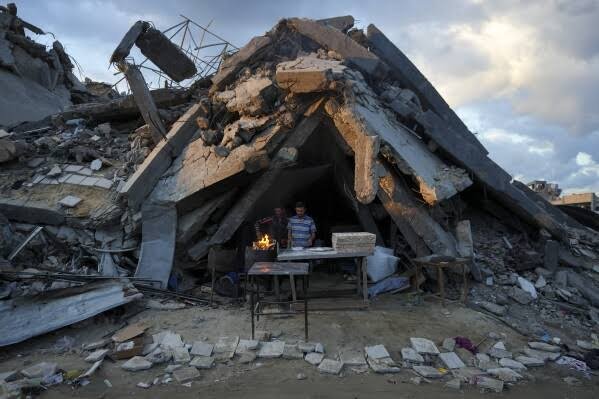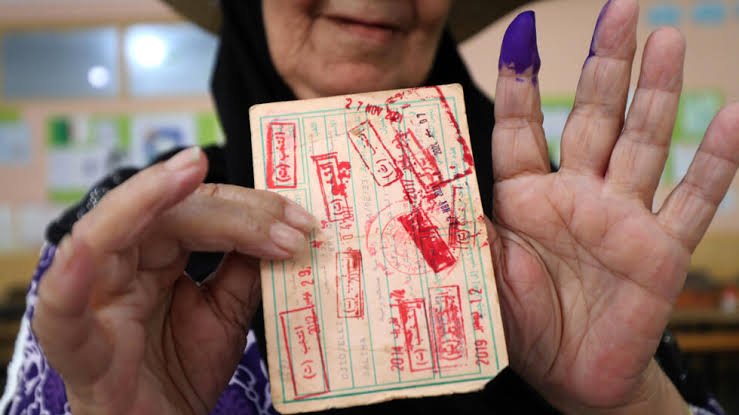Israel’s defense minister has instructed the military to develop a plan allowing any resident of Gaza who wishes to leave to do so. This aligns with a proposal for the United States to oversee the territory’s reconstruction and relocate its 2.1 million residents elsewhere.
Minister Israel Katz stated that Gazans should have “freedom of movement and migration” and called on countries critical of Israel’s military actions to accept displaced Palestinians. Former U.S. President Donald Trump endorsed the idea, suggesting Gaza be handed over to the U.S. for redevelopment once hostilities cease.
The Palestinian leadership firmly rejected the proposal, calling it a violation of international law and asserting that their land is not for sale.
Ongoing Conflict and Humanitarian Crisis
Since Israel launched its military campaign against Hamas in response to the October 2023 attacks, over 47,550 people have been killed and 111,600 wounded in Gaza, according to the territory’s health authorities. Nearly 70% of buildings are reportedly damaged or destroyed, and essential services such as healthcare, water, and sanitation have collapsed.
Most of Gaza’s population has been displaced multiple times, facing severe shortages of food, fuel, and medicine. International organizations warn that forced displacement would breach international law, emphasizing that Gaza remains integral to a future Palestinian state.
International Reactions and Future Uncertainty
Katz’s plan would include exit options by land, sea, and air. He criticized countries like Spain, Ireland, and Norway, stating they were “legally obligated” to accept refugees if they opposed Israel’s military actions.
Palestinian officials rejected the proposal, likening it to previous forced displacements in 1948 and 1967. They vowed to resist any effort to remove them from their homeland.
Trump’s proposal to relocate Gazans and redevelop the territory as a regional hub has sparked debate. While Israeli Prime Minister Benjamin Netanyahu called the idea “remarkable,” international bodies, including the United Nations, have condemned any actions that could lead to ethnic cleansing.
A temporary ceasefire remains in effect, but the future of Gaza’s residents—and the broader geopolitical landscape—remains uncertain.



